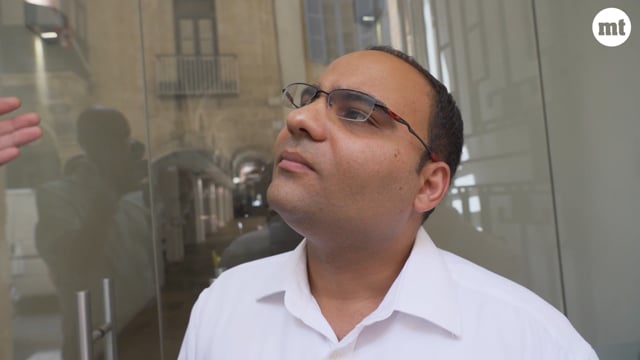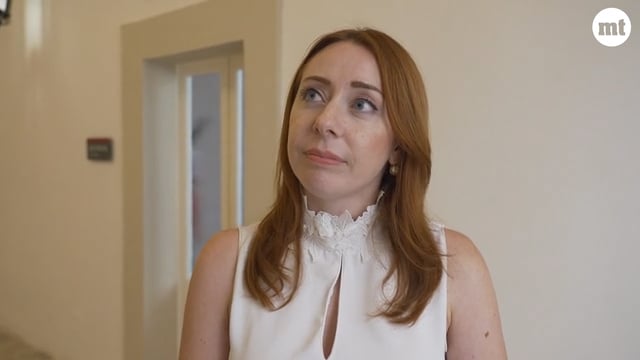[WATCH] No new taxes will be introduced in the next budget, Finance Minister pledges
Clyde Caruana says the COLA will be between €9 and €10 per week, insists country does not need to go down austerity route


Finance Minister Clyde Caruana pledged that no new taxes or burdens would be introduced in the upcoming budget.
In his opening comments at a meeting with the social partners on their budget proposals, Caruana promised that government would not go down the austerity route.
“I want to assure everyone that the country is up to the current challenges. We do not need to go down to the austerity route and introduce new taxes. We will not add new burdens on the taxpayers and businesses in any way,” Caruana said.
The Finance Minister said people were more anxious than usual about the contents of this year’s budget due to the global circumstances.
Caruana said the economic challenges presented by the war in Ukraine were bigger than those during the pandemic.
“The metric with which one calculates the resilience of the country is through the national debt. Whilst the average debt to GDP ratio for the euro zone stands at around 100%, that of Malta is under 60%, and I want it to remain that way,” Caruana said.
Addressing the rising energy prices, he said that other European countries were realising that they had to cover the costs in order to avoid an economic collapse.
He said that if government had not subsidised energy prices, the cost of living adjustment (COLA) next year would have been around €25 and not in the region of between €9 and €10.
“No enterprise would have been ready for that. We did not subsidise energy for political convenience but because it makes sense,” he said.
Caruana, however emphasised that although the support would remain, the deficit of the country had to be kept under control.
He stated that the aim was to keep the deficit at between 5.5% and 5.8% of GDP.
Caruana promised that the budget would be a social one and that it would safeguard the interests of those who were most vulnerable.
The meeting continued behind closed doors.
On his way into the meeting, Caruana told waiting reporters that "the important thing is that the government has its priorities in order, finances under control and the most vulnerable in society are protected."
Asked whether that meant that certain capital projects would be shelved or postponed, Caruana said that projects financed through EU funds would go on as planned. He did not say what would happen to other projects fully financed by the government.
Social partners react

Abigail Mamo, CEO of the Malta Chamber of SMEs said the Chamber was satisfied that the government pledged that the energy subsidies would remain.
With regards to COLA, Mamo said that the Chamber stands by the mechanism and that it believes that it should be honoured in all circumstances.
“The COLA increase for next year will be substantially more than in previous years and it is not easy for businesses to absorb such an increase in wages. We however do not believe in a pick and choose system, as everyone is affected by inflation,” Mamo said.
Josef Vella, CEO of UĦM – Voice of the Workers said the union will ensure that those that were under COLA inclusive agreements would benefit fully from the COLA increase.
“It is not a happy situation that the COLA is so high as that means that the inflation is high. Such an injection is much needed, as without it the purchasing power would be eroded and the economy would come to a standstill,” Vella said.
General Secretary of the General Workers Union Josef Bugeja said the union was satisfied with the government’s assurances that the energy subsidies would be pursued.
“We will keep insisting for a second COLA mechanism to keep helping the most vulnerable in society and for equal pay for jobs of equal value,” Bugeja said.
Bugeja said that the COLA mechanism has been long established and that for the time being it should be pursued. He said that GWU would be open to future discussions with employers on how the system could be improved.






.jpg)















